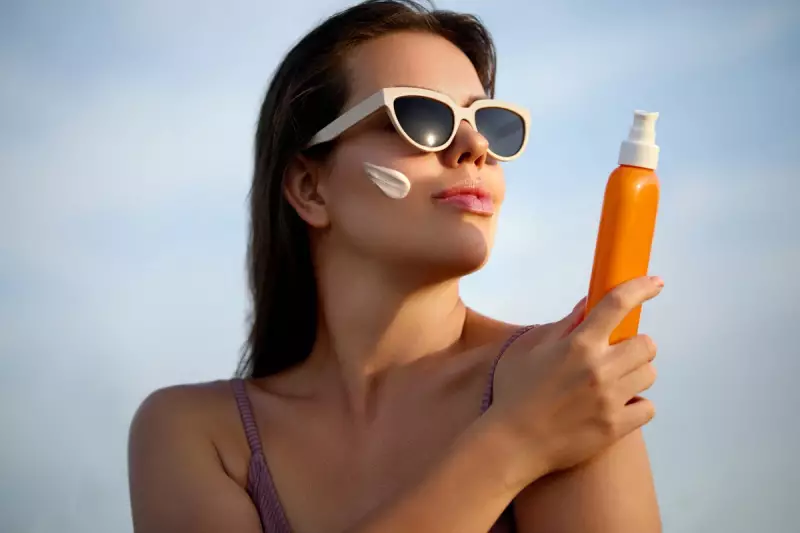
Dermatologists and public health officials are sounding the alarm over a disturbing new trend: the rise of dangerous anti-sunscreen conspiracy theories proliferating online. What was once a cornerstone of sensible skin care is now being questioned in fringe online communities, with potentially deadly consequences.
The Alarming Rise of SPF Denial
Across social media platforms and certain online forums, a wave of misinformation is gaining traction. Claims that sunscreens are "toxic," cause more harm than good, or are part of a big pharmaceutical scam are being shared thousands of times. This movement, often dubbed "SPF denial," is not just a harmless internet fad—it's having real-world impacts on public health.
What The So-Called 'Experts' Are Claiming
The baseless theories often include:
- False assertions that chemicals in sunscreen cause cancer.
- Misleading claims that our bodies need to avoid sunscreen to "properly" absorb vitamin D.
- Dangerous suggestions that natural oils or simply avoiding the sun altogether are sufficient protection.
These claims are not only scientifically illiterate but are being aggressively promoted by self-styled wellness influencers with no medical training.
The Undeniable Scientific Consensus
Medical professionals are united in their response. The link between sun exposure, skin damage, and cancer is one of the most well-established facts in modern medicine. Regular use of broad-spectrum SPF30+ sunscreen is proven to significantly reduce the risk of developing melanoma, the deadliest form of skin cancer.
Cancer Research UK and the British Association of Dermatologists have repeatedly emphasised that the benefits of sunscreen are unequivocal. The notion that it is more dangerous than direct, unprotected sun exposure is not just wrong—it's reckless.
Why This Misinformation Is So Dangerous Now
This surge in misinformation coincides with increasingly intense summer heatwaves across the UK. With UV radiation levels rising, proper protection is more critical than ever. Spreading lies about sunscreen isn't just misguided; it directly undermines decades of public health campaigning and puts vulnerable people at immediate risk.
How To Identify Sunscreen Misinformation
Protect yourself and your family by following this advice:
- Check the source: Is the advice coming from a qualified dermatologist or a random social media account?
- Follow official guidance: Trust established organisations like the NHS, Cancer Research UK, and the British Skin Foundation.
- Be sceptical of miracle cures: There is no natural alternative that provides the same proven protection as a high-SPF, broad-spectrum sunscreen.
- Report dangerous content: Social media platforms have policies against harmful health misinformation. Report posts that promote skipping sunscreen.
The bottom line is clear: Don't let online conspiracy theories burn you. The evidence supporting sunscreen use is overwhelming. Making informed choices based on science, not fearmongering, is the only way to stay safe in the sun.





